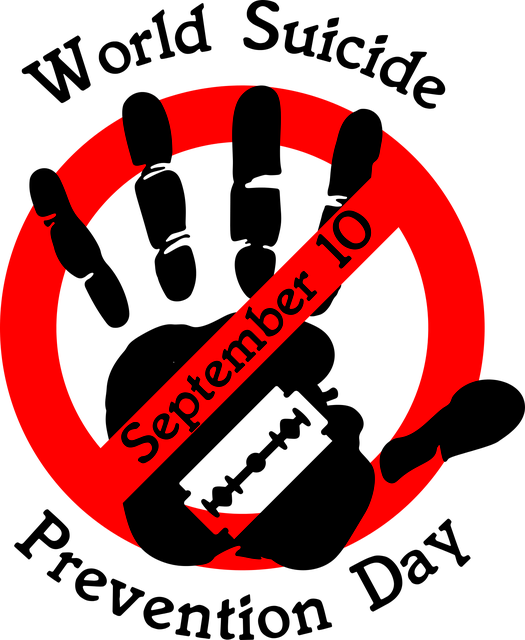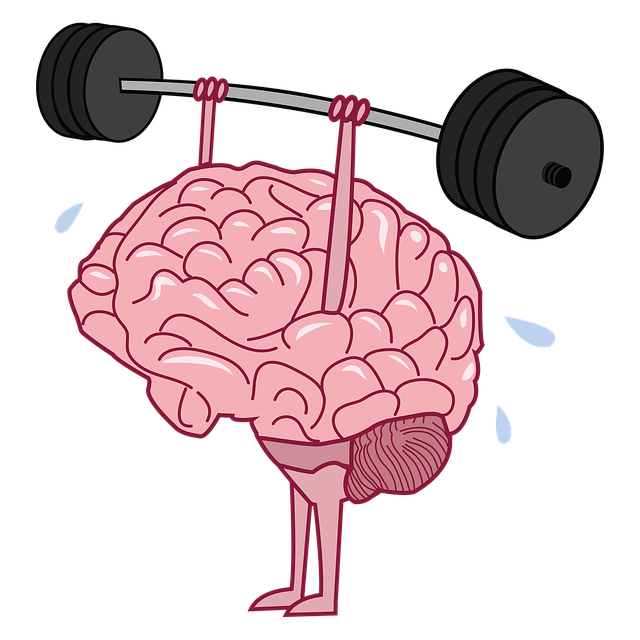Wheat Ridge First Responders Therapy provides swift, effective crisis interventions focusing on both immediate safety and long-term mental health. Their evidence-based practices, combining tailored support and resilience building, empower individuals to navigate present challenges while preparing them for future ones. Through structured interventions, community outreach, and proactive mood management techniques, they reduce stigma and foster emotional agility. Their comprehensive training programs integrate technical skills, emotional resilience, and burnout prevention, ensuring specialists remain proficient and passionate in high-stress scenarios.
In times of crisis, effective intervention can make a world of difference. This comprehensive guide explores crisis intervention strategies, highlighting essential techniques for professionals. We delve into the fundamental concepts with a focus on Wheat Ridge First Responders Therapy, known for its life-saving approach. From understanding crisis dynamics to practical strategies and professional training, this article equips readers with invaluable knowledge. Learn how to navigate challenging situations, providing immediate support and long-lasting positive outcomes.
- Understanding Crisis Intervention: A Brief Overview
- The Role of Wheat Ridge First Responders Therapy
- Practical Strategies for Effective Crisis Interventions
- Training and Support for Crisis Intervention Professionals
Understanding Crisis Intervention: A Brief Overview

Crisis intervention strategies are vital tools for addressing immediate needs during stressful or traumatic situations. At Wheat Ridge First Responders Therapy, we recognize that a crisis can strike anyone, anywhere, and understanding how to effectively respond is crucial. Our team of trained professionals provides guidance on navigating these challenging times, focusing on both the individual’s immediate safety and their long-term mental health.
Through evidence-based practices, we offer support tailored to each person’s unique circumstances. This includes helping individuals develop coping skills for managing intense emotions, promoting healthy mood regulation, and fostering resilience in the face of adversity. By integrating these strategies into crisis intervention, we aim to not only stabilize the present but also empower individuals with tools to better handle future challenges, aligning with the principles of Mental Health Policy Analysis and Advocacy.
The Role of Wheat Ridge First Responders Therapy

Wheat Ridge First Responders Therapy plays a pivotal role in crisis intervention, offering specialized support to individuals and communities facing mental health emergencies. This therapy is designed to provide immediate assistance and help mitigate the impact of traumatic events, focusing on both the victim’s physical and emotional well-being. The team of trained professionals swiftly deploys to the scene, ensuring a swift response that can be crucial in preventing further deterioration or aggravation of the crisis situation.
The program prioritizes resilience building, equipping individuals with effective coping strategies to navigate future challenges. Through structured interventions and risk management planning for mental health professionals, they facilitate safe spaces where individuals can process their experiences. Additionally, Wheat Ridge First Responders Therapy emphasizes community outreach program implementation, aiming to raise awareness and reduce the stigma associated with seeking mental health support. This holistic approach not only addresses immediate needs but also fosters long-term mental well-being within the community.
Practical Strategies for Effective Crisis Interventions

In situations where individuals are facing a crisis, whether it’s a personal trauma or a mental health emergency, timely and effective intervention can make a significant difference. Wheat Ridge First Responders Therapy offers valuable guidance on practical strategies that can be employed to navigate such challenging scenarios. One key approach is to create a safe and supportive environment, ensuring the individual feels heard and understood without judgment. This initial step fosters trust and encourages open communication, which is essential for effective crisis intervention.
Additionally, focusing on mood management techniques can provide immediate relief. Teaching individuals coping strategies, such as deep breathing exercises or cognitive reframing, empowers them to regain a sense of control during a crisis. By integrating these practices into their toolkits, folks can better prevent depression and promote mental wellness in the long term. Such proactive measures not only help manage acute crises but also build resilience, enabling individuals to navigate future challenges with enhanced emotional agility.
Training and Support for Crisis Intervention Professionals

Effective crisis intervention requires well-trained and supported professionals who can handle sensitive situations with care and expertise. Organizations like Wheat Ridge First Responders Therapy play a vital role in equipping mental health professionals with the necessary tools for crisis intervention. This training encompasses not only technical skills but also emotional resilience, burnout prevention strategies, and an understanding of risk assessment for mental health professionals.
By integrating Mind Over Matter principles, these programs foster a culture where healthcare providers can navigate high-stress scenarios while prioritizing their own well-being. Regular workshops, peer support groups, and ongoing supervision help to maintain the proficiency and passion of crisis intervention specialists, ensuring they are prepared to assist individuals in need without succumbing to burnout.
In light of the above discussions, it’s clear that crisis intervention strategies play a vital role in helping individuals navigate challenging situations. The integration of Wheat Ridge First Responders Therapy as a guiding framework enhances these interventions significantly. By combining theoretical understanding with practical strategies, professionals can foster effective support systems. Continuous training and support are essential to ensure these responders remain equipped to handle diverse crises. Ultimately, prioritizing crisis intervention guidance leads to improved outcomes and resilient communities.











